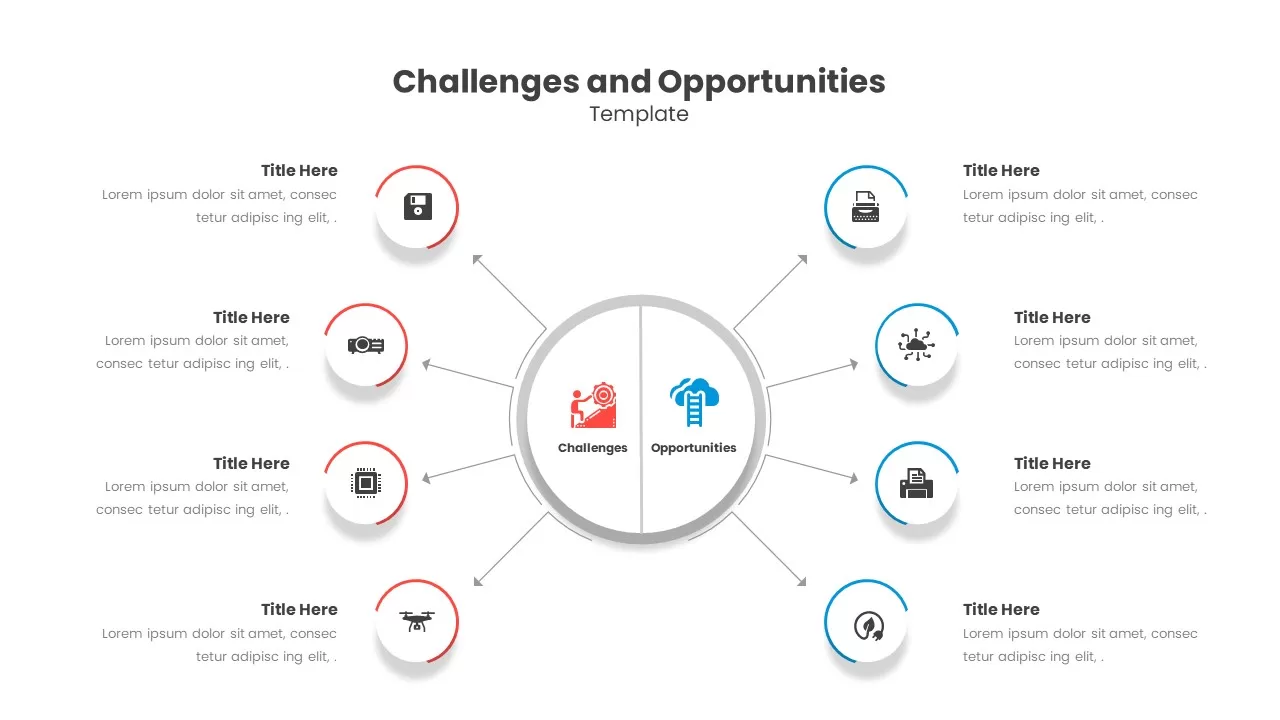China's Auto Market: Challenges And Opportunities For Luxury Brands Like BMW And Porsche

Table of Contents
Challenges Facing Luxury Brands in China's Auto Market
The Chinese luxury car market, while lucrative, is far from easy to navigate. Several key challenges demand careful consideration from established players and newcomers alike.
Intense Competition
China's automotive market is incredibly competitive. Luxury brands face pressure not only from established international competitors but also from a rapidly growing number of domestic brands.
- The crowded field: The market is saturated with both international luxury brands and increasingly sophisticated domestic players. This leads to intense price wars and necessitates substantial marketing investments.
- The rise of domestic EV brands: Electric vehicle (EV) manufacturers like NIO, Xpeng, and BYD are aggressively challenging established players with cutting-edge technology and competitive pricing. They are disrupting the luxury segment with advanced features and appealing designs.
- Aggressive marketing strategies: To stand out, brands must employ innovative and impactful marketing strategies, leveraging social media, influencer collaborations, and targeted digital campaigns.
Evolving Consumer Preferences
Chinese luxury car buyers are not a monolithic group. Their preferences are rapidly evolving, demanding a nuanced approach from luxury brands.
- Tech-savvy consumers: Younger, affluent Chinese consumers are tech-savvy and demand advanced technology features in their vehicles, including sophisticated infotainment systems, advanced driver-assistance systems (ADAS), and seamless connectivity.
- The EV revolution: Demand for electric and hybrid vehicles is exploding, driven by government incentives, environmental awareness, and the technological allure of EVs. Luxury brands must invest heavily in their EV offerings to remain competitive.
- Sustainability and social responsibility: Environmental concerns are playing an increasingly important role in purchase decisions. Luxury brands must demonstrate their commitment to sustainability through eco-friendly manufacturing practices and responsible sourcing.
Government Regulations and Policies
Navigating the regulatory landscape in China is a significant challenge for luxury car brands. Government policies directly impact market access, pricing, and profitability.
- Stringent emission standards: China is implementing increasingly stringent emission standards, pushing automakers to accelerate the adoption of electric and hybrid powertrains.
- Import tariffs and taxes: High import tariffs and taxes can significantly impact the pricing and profitability of imported luxury vehicles, necessitating local production or strategic partnerships.
- Complex regulatory environment: The regulatory environment is complex and ever-changing, requiring brands to invest heavily in compliance and regulatory expertise.
Opportunities for Growth in China's Luxury Car Market
Despite the challenges, China's luxury car market offers immense opportunities for growth to those who can adapt and innovate.
Untapped Market Potential
The Chinese market is far from saturated. Significant growth potential remains, especially outside major metropolitan areas.
- Expanding consumer base: China's growing affluent population presents a large and expanding consumer base for luxury goods, including automobiles.
- Rising disposable incomes: Increasing disposable incomes and a burgeoning middle class are fueling demand for luxury vehicles across various tiers of cities.
- Growth in Tier 2 and Tier 3 cities: Significant untapped potential exists in secondary and tertiary cities, where demand for luxury goods is rapidly increasing.
Strategic Partnerships and Localization
Collaborating with Chinese companies and adapting to local preferences are crucial for success.
- Joint ventures: Establishing joint ventures with local partners can provide access to local expertise, distribution networks, and a deeper understanding of consumer preferences.
- Localized marketing campaigns: Marketing strategies need to resonate with local culture and values, leveraging popular social media platforms and local influencers.
- Product customization: Tailoring products to meet the specific needs and preferences of Chinese consumers can significantly improve market penetration.
Focus on Electric Vehicles (EVs)
The burgeoning EV market presents a huge opportunity for luxury brands to showcase their technological prowess.
- Investment in R&D: Significant investment in research and development of electric luxury vehicles is essential to maintain competitiveness.
- Charging infrastructure: Addressing concerns around charging infrastructure and range anxiety is vital for widespread EV adoption.
- Autonomous driving features: Integrating advanced autonomous driving features can greatly enhance the appeal of luxury EVs.
Conclusion
China's luxury car market is a dynamic and challenging landscape. Success requires brands like BMW and Porsche to navigate intense competition, adapt to evolving consumer preferences, and comply with government regulations. However, the substantial growth potential and the burgeoning affluent population offer significant rewards for those who can effectively address these challenges. By focusing on strategic partnerships, localization efforts, and embracing the electric vehicle revolution, luxury brands can effectively capitalize on the immense opportunities within China's luxury car market. Understanding and addressing the nuances of China's luxury car market is paramount for long-term success in this vital region. Invest wisely, adapt strategically, and unlock the potential of this dynamic market.

Featured Posts
-
 Adae Ebd Alqadr Fy Khsart Qtr Amam Alkhwr Baldwry Alqtry
May 23, 2025
Adae Ebd Alqadr Fy Khsart Qtr Amam Alkhwr Baldwry Alqtry
May 23, 2025 -
 Almanya Alshrtt Tshn Hmlt Mdahmat Ela Mshjey Krt Alqdm
May 23, 2025
Almanya Alshrtt Tshn Hmlt Mdahmat Ela Mshjey Krt Alqdm
May 23, 2025 -
 Ihanete Ugrayanlarin Aninda Intikam Alan Burclar
May 23, 2025
Ihanete Ugrayanlarin Aninda Intikam Alan Burclar
May 23, 2025 -
 Top 10 Arthouse Horror Movies To Watch Ranked By Scariness
May 23, 2025
Top 10 Arthouse Horror Movies To Watch Ranked By Scariness
May 23, 2025 -
 Jonathan Groff And Just In Time A Look At His Potential Tony Awards Success
May 23, 2025
Jonathan Groff And Just In Time A Look At His Potential Tony Awards Success
May 23, 2025
